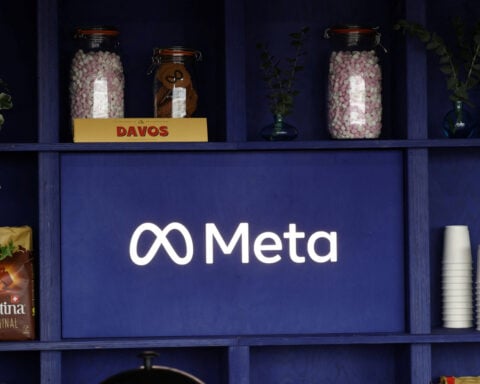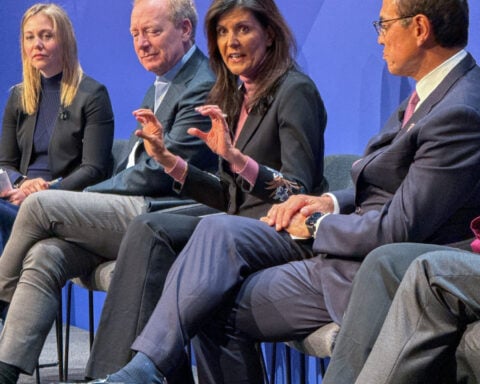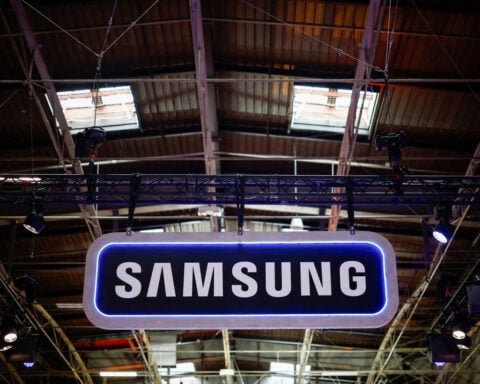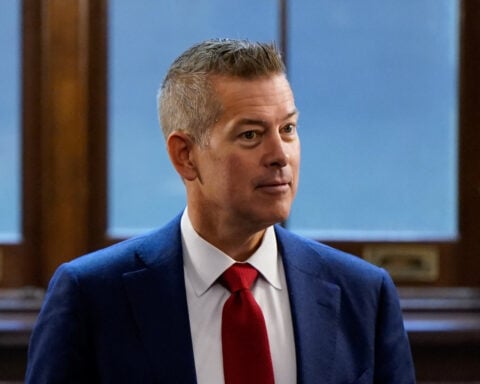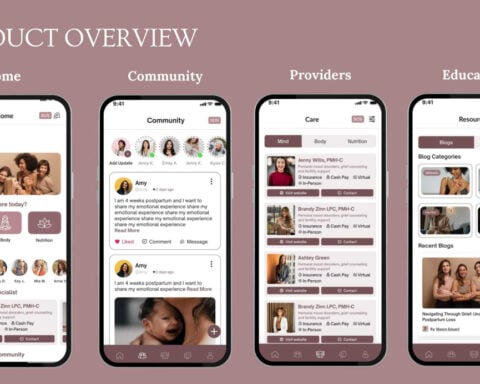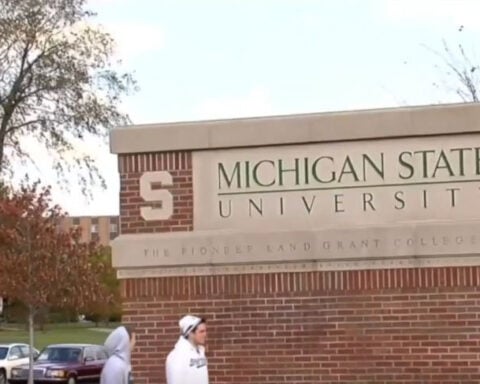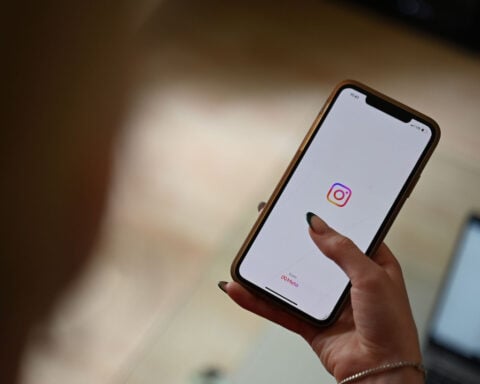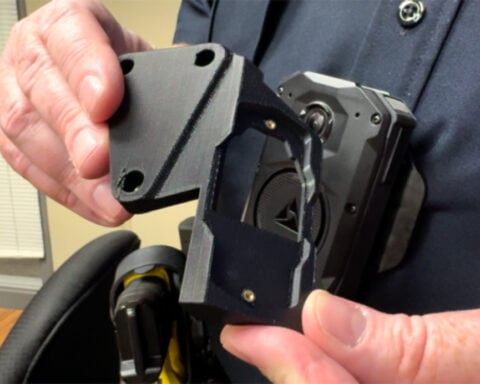In today's rapidly evolving technological landscape, the music industry is at an intriguing crossroads. The introduction of AI has brought up exciting new opportunities and challenging new barriers in the realm of music production and listening.
AI's infiltration into music has been steady and impactful. Notably, the rise of AI-powered music startups, such as Mayk.It, signals a paradigm shift in music production. Mayk . In the same way that apps like Instagram and TikTok have made picture and video editing accessible to more people, this new paradigm in music production makes writing and producing music easier for everyone.
Mayk.It leverages AI to render musical performances, creating a novel avenue for amateur musicians or even non-musicians to express themselves musically on social media platforms. This groundbreaking use of AI in the music sphere has sparked a widespread discourse on the potential of AI in outperforming human creativity.
Co-founders of Mayk.It, Stefán Heinrich Henriquez and Akiva Bamberger, believe in the transformative power of AI in the music industry. Their vision is to e democratize music production, making it accessible and effortless for everyone. Their mission is to leverage AI to streamline the music creation process, eliminating the need for musical instruments or even a perfect voice.
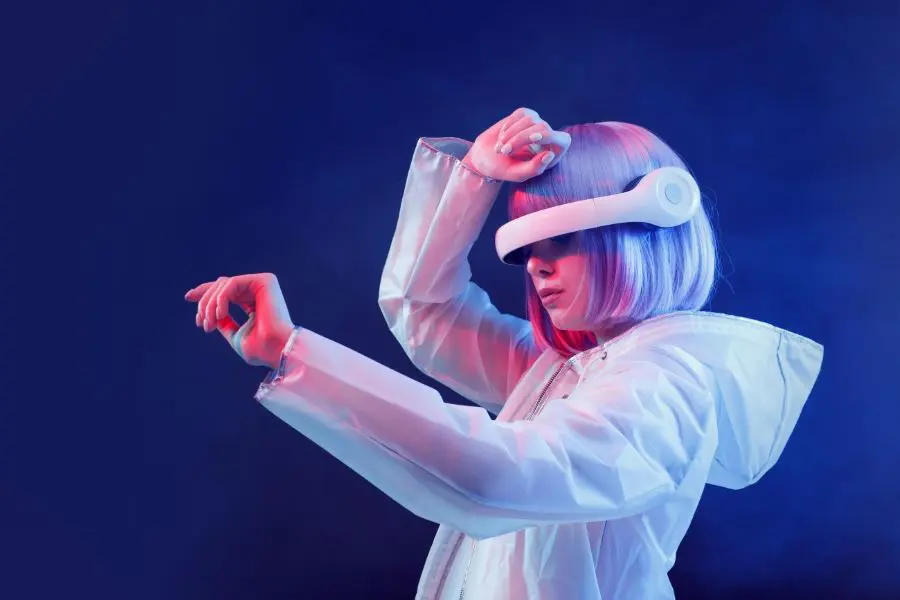
"During my time at TikTok, I saw a lot about how music is changing. It's not just about musicality anymore. It's quantity over quality. This is a new approach. I'm not even thinking about instruments anymore. That's where AI comes in." - Stefán Heinrich Henriquez
While AI's potential to revolutionise the music industry is awe-inspiring, its implications are also a cause for concern. The fear of AI replacing human musicians and composers looms large. Opinions are divided on whether AI will serve as a tool to enhance creativity or pose an existential threat to the music industry.
"Mitigating the risk of extinction from AI should be a global priority alongside other societal-scale risks such as pandemics and nuclear war." - Open letter from the Center for AI Safety
The ethical dimension of AI's application in music is a hotly debated topic. AI's ability to mimic famous artists' voices and styles raises questions about copyright infringement and the devaluation of artists' original work. Moreover, the potential for AI to replace artists with digital avatars or generate infinite music based on digital modeling is a contentious issue.
The 'Fake Drake' Controversy: A recent controversy involving AI-generated music that closely resembled the style of famous artists Drake and the Weeknd stirred a debate on the ethical use of AI in music. The track, created using AI technology, raised concerns about copyright infringement and the potential misuse of AI.
The 'AI Liam Gallagher' Experiment: An indie band replaced their lead singer with an AI-modulated voice mimicking Liam Gallagher, the Oasis singer. The experiment was well-received, highlighting the potential of AI in music production.
Despite these ethical dilemmas, many industry experts believe that AI cannot replace the creativity and emotional depth of human musicians. They argue that AI serves as a tool rather than a threat, enhancing the music creation process rather than replacing human musicians.
As AI continues to evolve, it offers a plethora of opportunities for artists to experiment and innovate. For instance, AI has enabled artists to collaborate with their favorite musicians virtually. A recent collaboration between electronic music producer Kito and avant-pop artist Grimes used Grimes' AI-powered voice modulator, resulting in a well-received single.
"AI is like any piece of tech — MIDI and fake strings, Auto-tune, things to fix pitch — that is now widely adopted." - Kito
Moreover, AI has proven its worth in the restoration of old recordings. The Beatles' Paul McCartney successfully used AI to separate tracks from a muddy cassette recording, resulting in a "final" new Beatles song.
While AI's influence on music is undeniable, its future in the industry is uncertain. Will it be a tool that enhances creativity, or will it replace human musicians? Not only will our perspective of creativity and humanity in the age of AI be shaped by the answers to these issues, but so too will the future of music. The conversation around AI in music is only starting as we venture into unknown terrain.

 What is seditious conspiracy, which is among the most serious crimes Trump pardoned?
What is seditious conspiracy, which is among the most serious crimes Trump pardoned?
 Savannah women brings hope and help with new Maternal Mental Health app
Savannah women brings hope and help with new Maternal Mental Health app
 Amazon to close 7 warehouses in the Canadian province of Quebec and eliminate 1,700 jobs
Amazon to close 7 warehouses in the Canadian province of Quebec and eliminate 1,700 jobs
 House prepares to pass immigrant detention bill that would be Trump's first law to sign
House prepares to pass immigrant detention bill that would be Trump's first law to sign
 Lewis Hamilton says driving a Ferrari F1 car for first time was 'exciting and special'
Lewis Hamilton says driving a Ferrari F1 car for first time was 'exciting and special'
 The head of a federal agency for consumers has packed up his office. But will Trump fire him?
The head of a federal agency for consumers has packed up his office. But will Trump fire him?
 Meagan Good says goodbye to 'Harlem,' hello to her future with Jonathan Majors
Meagan Good says goodbye to 'Harlem,' hello to her future with Jonathan Majors
 K-9's retirement party was everything a dog could want
K-9's retirement party was everything a dog could want
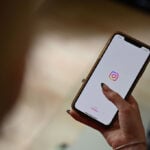 Why some Instagram users aren’t able to unfollow Trump and JD Vance
Why some Instagram users aren’t able to unfollow Trump and JD Vance
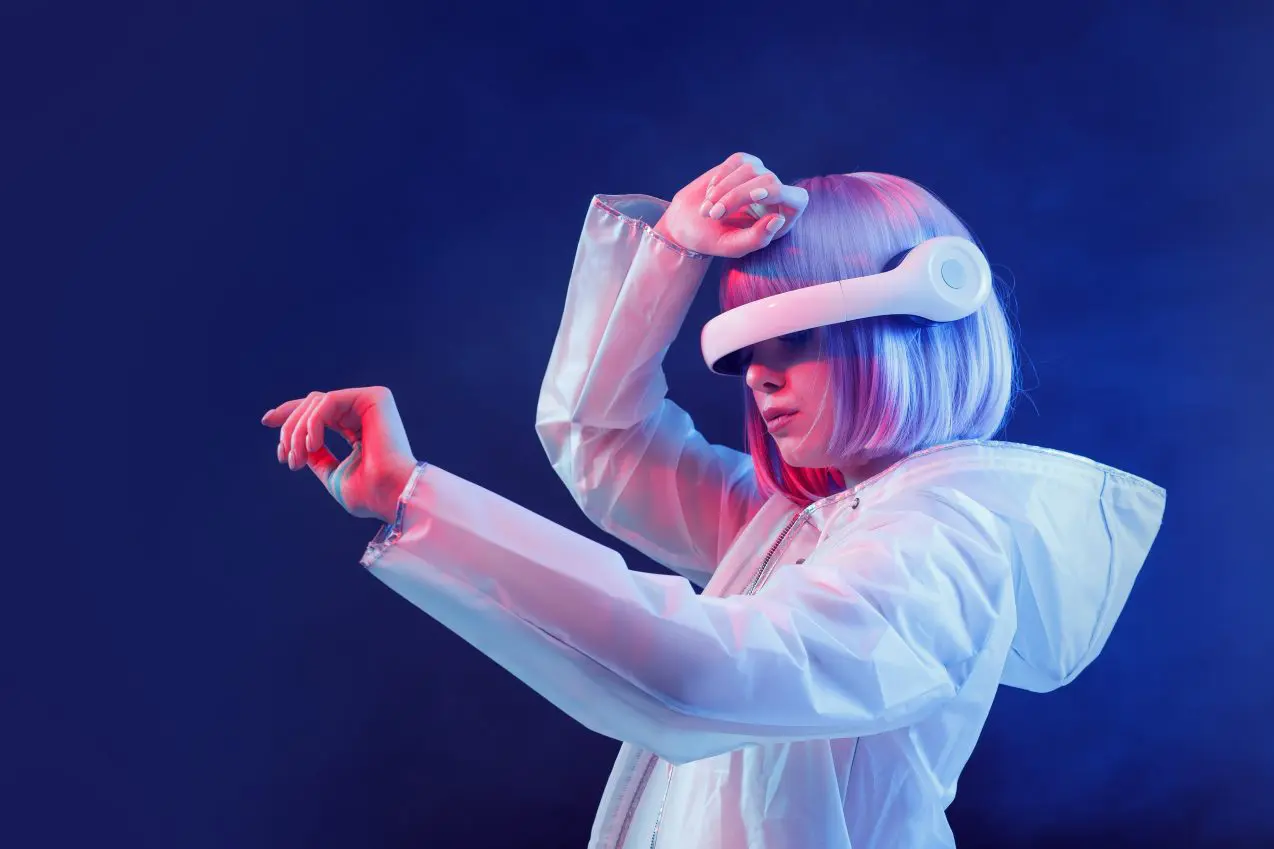 Music
Music
